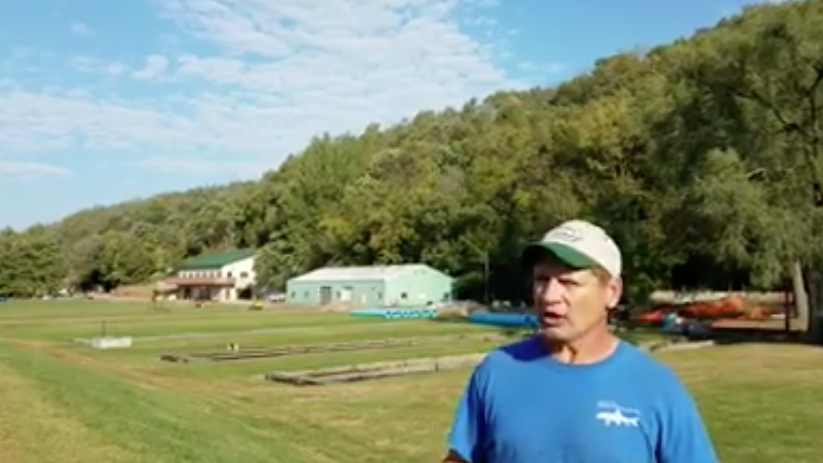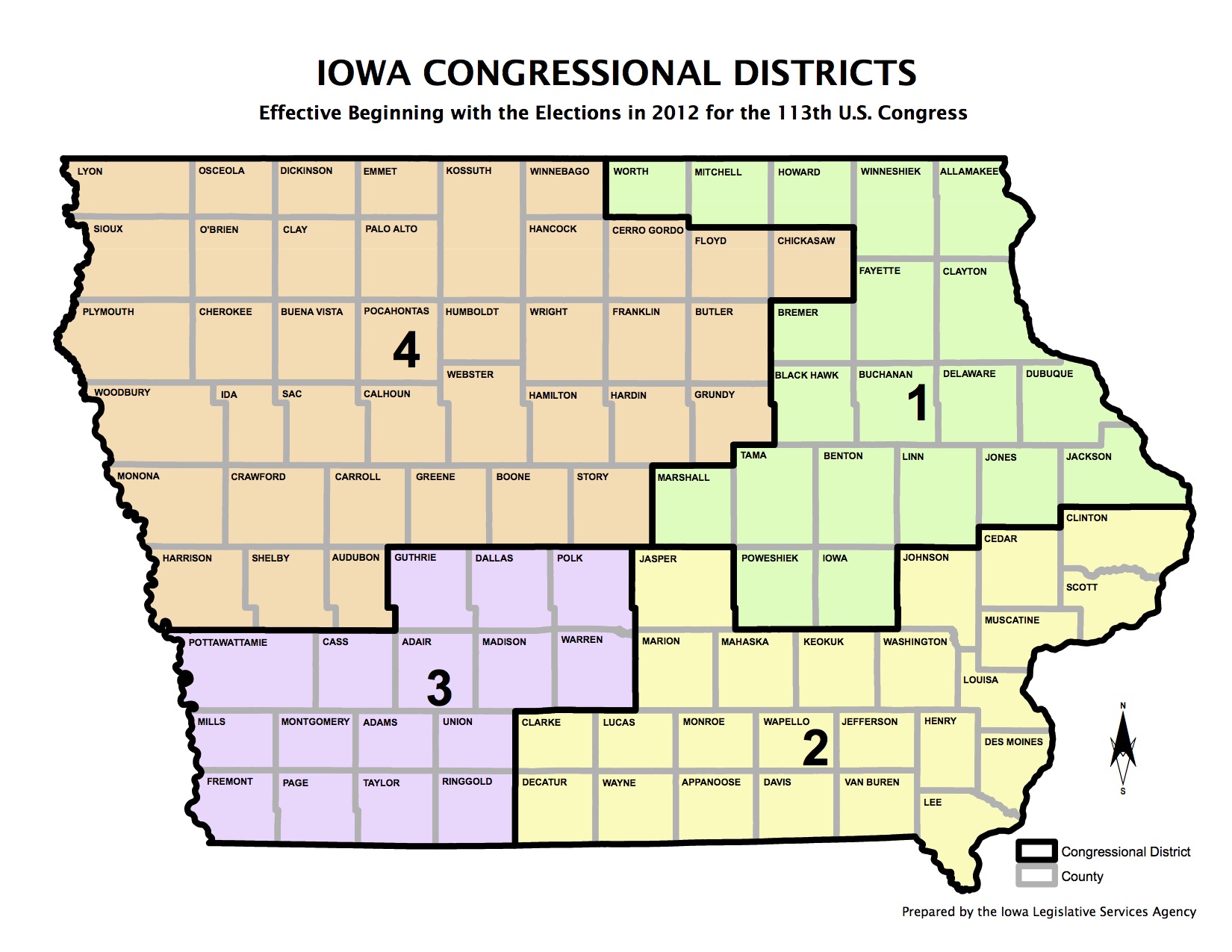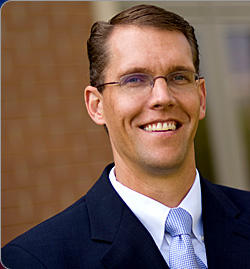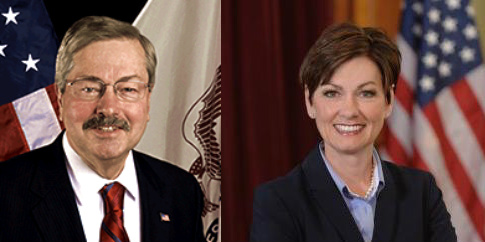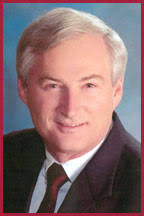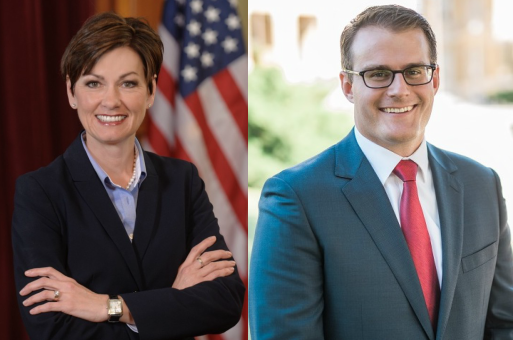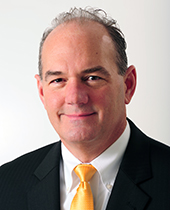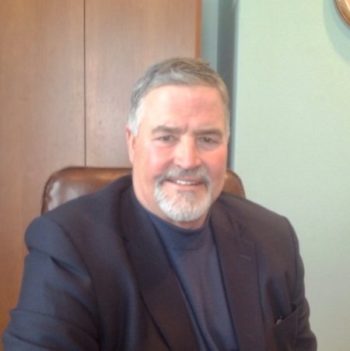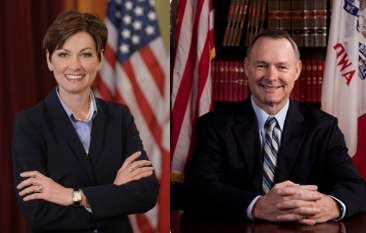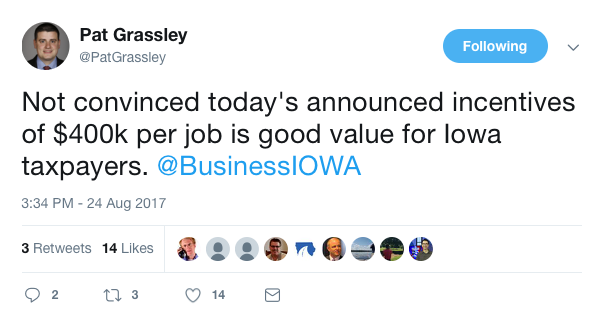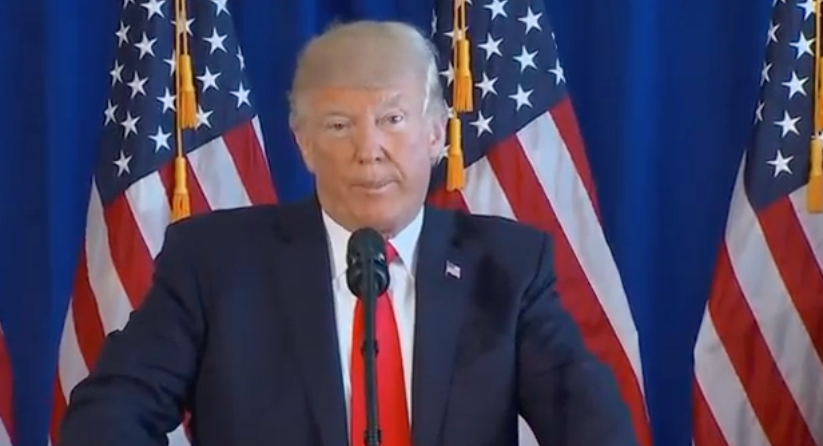Governor Kim Reynolds is considering at least four Republican farmers–all current or former state lawmakers– to replace Bill Northey as Iowa secretary of agriculture, James Q. Lynch reported for the Cedar Rapids Gazette today. In addition to State Representative Pat Grassley and former State Representative Annette Sweeney, whom Bleeding Heartland discussed here, State Senators Dan Zumbach and Tim Kapucian are in the running, according to Lynch’s story.
“I’ve had a couple conversations with governor about it,” Zumbach, 56, said Wednesday between meetings on housing development and soybean production. “I’d certainly be available and honored” if appointed to fill out Northey’s term that runs through early 2019. The position will be on the statewide ballot in 2018.
Zumbach, whose “heart, soul and passion has always been in agriculture,” said serving as state secretary of agriculture would be an “opportunity to share my lifetime of experience to guide Iowa agriculture in a good direction.”
Zumbach chairs the Iowa Senate Agriculture Committee, having previously served as its ranking Republican. Kapucian, who has long served on the Senate Agriculture committee, “could not immediately be reached for comment” by Lynch. As the top Republican on the chamber’s Transportation Committee, he was a strong voice for raising the gasoline tax in order to fund better maintenance of farm-to-market roads. Grassley and Sweeney are both former leaders of the Iowa House Agriculture Committee and confirmed their interest in Northey’s job to Lynch.
Iowa law gives Reynolds the authority to fill Northey’s current position after he resigns upon confirmation to a senior U.S. Department of Agriculture post. The person she selects will be heavily favored–if challenged at all–in next year’s GOP primary for secretary of agriculture.
Choosing a relatively low-profile lawmaker like Zumbach or Kapucian would allow the governor to avoid taking sides between Republican power-broker Bruce Rastetter (a major donor to Reynolds and decades-long friend of Sweeney’s) and Senator Chuck Grassley (Pat Grassley’s grandfather). The downside for Reynolds: that path could anger both Rastetter and the elder Grassley.
Continue Reading...


